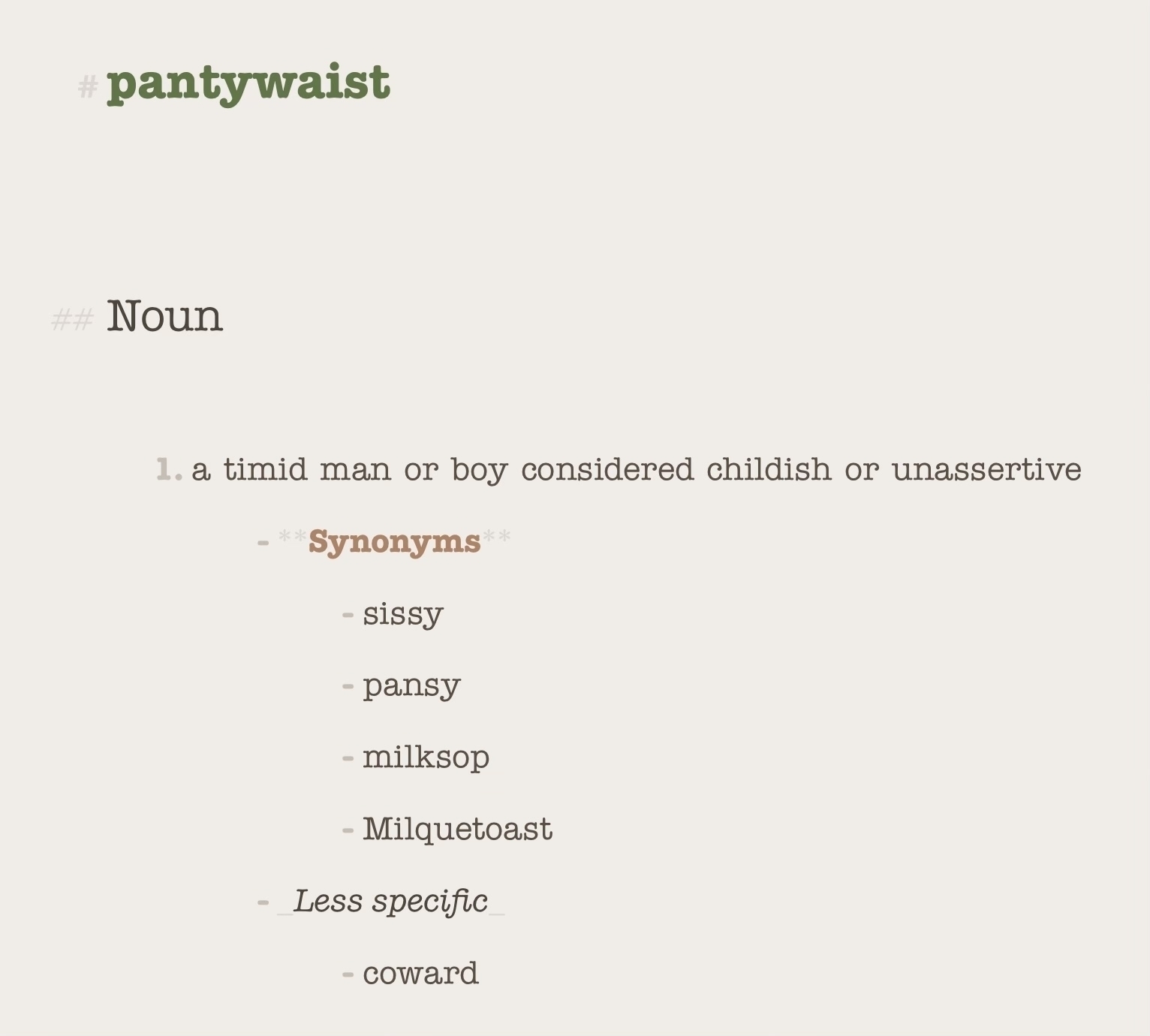Via Wikitionary:
American criminal underworld slang, 1906 (noun), 1915 (verb), alteration of graft (“corruption, illicit profit through corrupt means, bribe, one’s occupation”), alteration perhaps influenced by similar sounding words, e.g. drift, etc., probably ultimately from Middle Dutch graft (“digging, ditch, canal, trench”) (modern Dutch gracht), related to Dutch graven (“to dig”), English grave (“to dig”).[1][2][3]
IPA(key): /ɡɹɪft/
Rhymes: -ɪft
grift (plural grifts)
-
(US, slang) A confidence game or swindle. [from 1906]quotations ▼Synonyms: see Thesaurus:deception
Hey, what’s the grift? What are you trying to pull?
grift (third-person singular simple present grifts, present participle grifting, simple past and past participle grifted)
- (transitive, US, slang) To obtain illegally, as by con game. [from early 20th c.]
- (intransitive, US, slang) To obtain money illegally. [from early 20th c.]
- (intransitive, US, slang) To obtain money immorally or through deceitful means.
show ▼±to obtain (money) illegally, as by con game
- ^ Douglas Harper (2001–2025) “grift”, in Online Etymology Dictionary.
- ^ Eric Partridge (1949) A Dictionary of the Underworld, London: Macmillan Co., page 307
- ^ Word Origins…And How We Know Them: Etymology for Everyone, Anatoly Liberman (2009), p. 32
Inherited from Old Swedish _gript_f, _gripter_m. Either a verbal noun related to gräva, or influenced by Latin crypta.
Compare origin of krypta, kryptisk, krypto, grotta, grotesk, grav, gräva, gruva.
griftc
- (archaic except in some compounds) a graveSynonym: grav
Source
==English==
===Etymology===
American criminal underworld slang, 1906 (noun), 1915 (verb), alteration of {{dbt|notext=1|en|graft|t1=corruption, illicit profit through corrupt means, bribe, one's occupation}}, alteration perhaps influenced by similar sounding words, e.g. {{m|en|drift}}, etc., probably ultimately from {{der|en|dum|graft|t=digging, ditch, canal, trench}} (modern {{cog|nl|gracht}}), related to {{cog|nl|graven|t=to dig}}, {{cog|en|grave|t=to dig}}.<ref>{{R:Online Etymology Dictionary}}</ref><ref>{{R:Partridge Underworld|page=307}}</ref><ref>''Word Origins...And How We Know Them: Etymology for Everyone'', Anatoly Liberman (2009), [https://books.google.com/books?id=sMiRc-JFIfMC&pg=PA32&dq=grift p. 32]</ref>
===Pronunciation===
* {{IPA|en|/ɡɹɪft/}}
* {{audio|en|En-au-grift.ogg|a=AU}}
* {{rhymes|en|ɪft|s=1}}
===Noun===
{{en-noun}}
# {{lb|en|US|slang}} A [[confidence game]] or [[swindle]]. {{defdate|from 1906}}
#: {{syn|en|Thesaurus:deception}}
#: {{ux|en|Hey, what's the '''grift'''? What are you trying to pull?}}
#* {{quote-book|en|year=2022|author=[[w:Paul J. McAuley|Paul McAuley]]|title=Beyond the Burn Line|publisher=Gollancz|page=172|passage=‘Sounds like he’s trying to stretch out his '''grift''' for as long as possible,’ Gentle said. ‘Taking as much from his followers as he can before it falls apart.’}}
====Derived terms====
* {{l|en|grifter}}
====Translations====
{{trans-see|con game}}
===Verb===
{{en-verb}}
# {{lb|en|transitive|US|slang}} To obtain illegally, as by [[con game]]. {{defdate|from early 20th c.}}
# {{lb|en|intransitive|US|slang}} To obtain money illegally. {{defdate|from early 20th c.}}
# {{lb|en|intransitive|US|slang}} To obtain money immorally or through deceitful means.
====Translations====
{{trans-top|to obtain (money) illegally, as by con game}}
* Danish: {{t|da|svindle}}
* German: {{t+|de|erschwindeln}}
* Hungarian: {{t+|hu|kicsal}}
* Polish: {{t+|pl|wyłudzać|impf}}, {{t+|pl|wyłudzić|pf}}
{{trans-bottom}}
===References===
<references/>
==Swedish==
===Etymology===
{{inh+|sv|gmq-osw|gript|g=f}}, {{m|gmq-osw|gripter|g=m}}. Either a verbal noun related to {{m|sv|gräva}}, or influenced by {{cog|la|crypta}}.
Compare origin of {{m|sv|[[krypta]], [[kryptisk]], [[krypto]], [[grotta]], [[grotesk]], [[grav]], [[gräva]], [[gruva]]}}.
===Noun===
{{sv-noun|c}}
# {{lb|sv|archaic|_|except in some compounds}} a [[grave]]
#: {{syn|sv|grav}}
====Declension====
{{sv-infl-noun-c-er}}
====Derived terms====
* {{l|sv|griftefrid}}
* {{l|sv|griftetal}}
* {{l|sv|gånggrift}}
===References===
* {{R:svenska.se|so}}
* {{R:svenska.se|saol}}
* {{R:svenska.se|saob}}
* {{R:runeberg.org|svetym|0288.html grift}}
